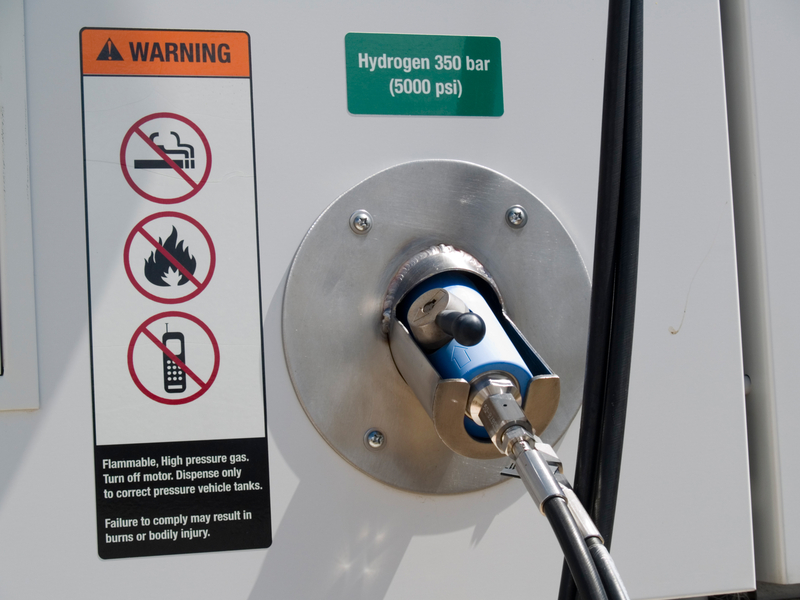
UK-based chemical company Ineos said yesterday it planned to spend €2bn over the next 10 years on building hydrogen electrolyser plants around Europe.
The company described the move, which envisages plants in Germany and Norway, as “Europe’s largest-ever investment in electrolysis projects”.
Jim Ratcliffe, the chair of Ineos, commented: “Green hydrogen represents one of our best chances to create a more sustainable and low carbon world. Europe is crying out for more investment in green hydrogen and Ineos’ announcement today shows our determination to play a leading role in this new important fuel.”
Ineos is already Europe’s largest existing operator of electrolysis, which uses electricity to split water molecules into hydrogen and oxygen atoms. Its Inovyn subsidiary is Europe’s largest operator of electrolysis plants, and it has experience of the problems involved in storing and handling liquid hydrogen.
The first phase of the programme will be the construction of a 20MW electrolyser in the Norwegian port of Rafnes. This will produce hydrogen from renewable electricity and use it to fill fuel cells in the country’s transportation industry.
A 100MW electrolyser will be built at Ineos’ Cologne factory to produce green ammonia. The company said this would enable it to develop e-fuels on an industrial scale.
Later phases may also involve schemes in Belgium, France and the UK. Ineos said it hoped to agree partnerships with organisations on the consumption side of the fledgling hydrogen market.
Woulter Bleukx, manager of Inovyn’s hydrogen business, commented: “Hydrogen is an important part of a climate-neutral economy that has been discussed for decades. As hydrogen becomes available for zero carbon transportation, as well as many applications in the home and in industry, Ineos is uniquely placed to support new opportunities, driven by emerging demand for affordable zero-carbon energy sources.”
Further reading:






